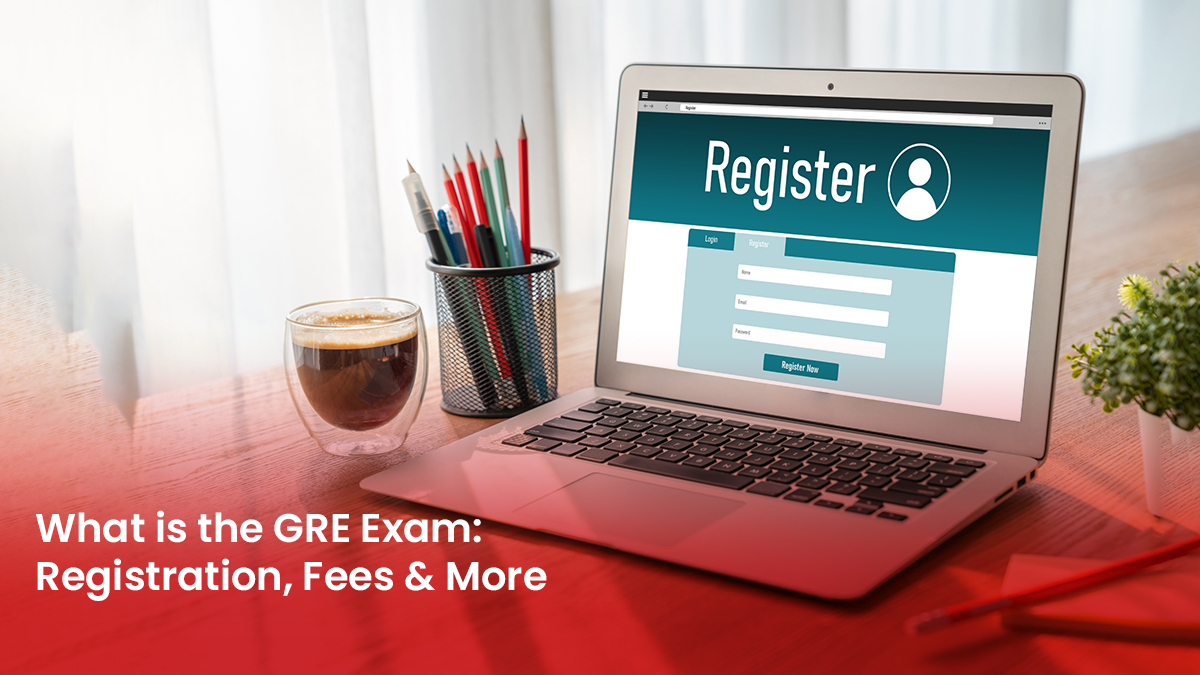Psychology lessons can be difficult for psychology students, especially those who have little or no prior knowledge of the topic. As a result, it’s even more important to develop better study habits.
Study Habits for Psych Students
A few basic study methods can help psychology students understand new concepts and theories more efficiently. Students can academically succeed in psychology by developing strong study habits. Additionally, all of your college classes will benefit greatly from these same habits.
1. Study Regularly
The Two Hour Rule: A good rule of thumb is that you should spend two hours of your own time studying the content for every hour you spend in class.
Plan Your Study Sessions: Ideally, you should review your study materials at least once a week. Consider the material you need to cover at the start of the week and estimate how long it will take you to finish it.
Schedule Your Study Time: You should try to set aside a specified amount of time for each subject. Set aside a small amount of time each day to focus on your schoolwork.
2. Study Actively
Understand The Material: Reading the given book and skimming over your notes isn’t enough for effective studying. You must try to examine and comprehend the topic.
Take Notes: Slowly go over your materials and jot down essential ideas. Make a list of any questions you have about the materials to address with your classmates or the course teacher later.
Test Your Knowledge: Test your knowledge of the stuff you’ve just read. If you’re having trouble with a particular question, make a note of it so you can go over it again later.
Recap the Key Points: After you’ve gone over the topic, see if you can answer the following questions: Are you able to recognize the subject’s primary concepts? Can you come up with examples of each theory, problem, or concept on your own?
3. Be Active in Class
Write Down Important Notes: Your class notes in psychology should be a recap of what you learned in class. Take short, effective notes that highlight the main points of what was said.
Be Prepared in Class: Before class, read the assigned chapters. You will be better equipped to engage in class discussions if you enter each class topic with a thorough comprehension of the material.
4. Study Alone Before Doing Group Studies
Individual Study: Your first study sessions should be conducted alone. You will be able to focus better on the information if you do this.
Group Study: Use review sessions with classmates or study groups once you’ve got a good understanding of the content.
Last-Minute Tips
Cramming for Last-Minute Studies
Cramming is a bad approach to studying for an exam, as you’ve probably heard several times. Hopefully, you remember to show up for your psychology classes and take good notes.
While cramming for an exam is not the greatest way to prepare, you can review notes and organize your thoughts during a last-minute study session.
Know more study habits as a college student. Read more of our articles when you visit MSM Unify.












